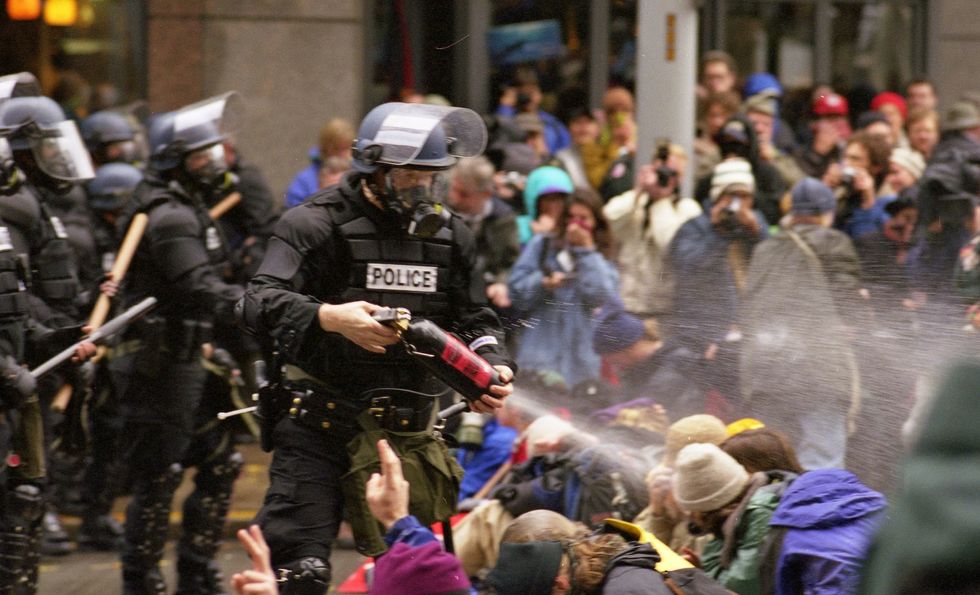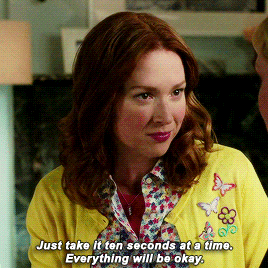I would be naive if I tried to craft an article on how we can reduce police brutality. There are so many complexities and intricacies that I cannot possible touch on. What I can do however is create a piece that I hope can start a conversation not just on police brutality but on black lives as well.
I did a poll on instagram a while ago asking people what they thought would reduce police brutality. Some people said we need body cams on police officers. Others said police need to connect more with the community. Still others said that police simply need better training.
These are all great responses and it's awesome that people are brainstorming ways to address police brutality. Seeing these responses prompted me to do research of my own regarding police training as well as the history of the police in America. I was quite shocked at what I found.
Currently I am reading "The History of Policing in America" by Dr. Gary Potter. Before starting this, I assumed that policing in America started as a response to crime, but it was actually more of a social enforcer that mainly benefited business men. Particularly in the south, police often acted as slave patrol to control wayward slaves and keep them from escaping their master.
In saying this, I certainly don't mean that all police offers are these corrupt beings only here to enforce social order. On the contrary, I am saying this to draw attention to the fact that the police force was born out of corruption and injustice. Without knowing it's history, we run the risk of continuing said injustices.
While the police force is certainly different than it was at America's founding, as a senior year psychology student, I have recognized some concerning gaps in police training that can make repeating a history of injustice a frightening reality.
The majority of police training is physical: tactical driving, shooting, combat, etc. Only a small amount of training is interpersonal training and, in my research, I could not find any mention of psychological training beyond the psychological exam that police take nearing the end of their training (and this exam can be studied for by the way). What else concerned me was that there was no mention of community engagement as a requirement for police duty. How can police be expected to protect a community when they don't even know who they are protecting? Why is so much emphasis put into physical training? Why aren't new police officers required to do a certain number of hours of community service? How can a community trust police officers if they do not know who they are, especially for many black Americans that already have had terrifying interactions with the police?
I do not know all the answers. I do not have a solution to this problem. What I do have is a platform in which I can do my part to start a conversation about this. I know these topics are difficult to discuss, but a moment of discomfort can bring about a lifetime of change.






 man running in forestPhoto by
man running in forestPhoto by 













